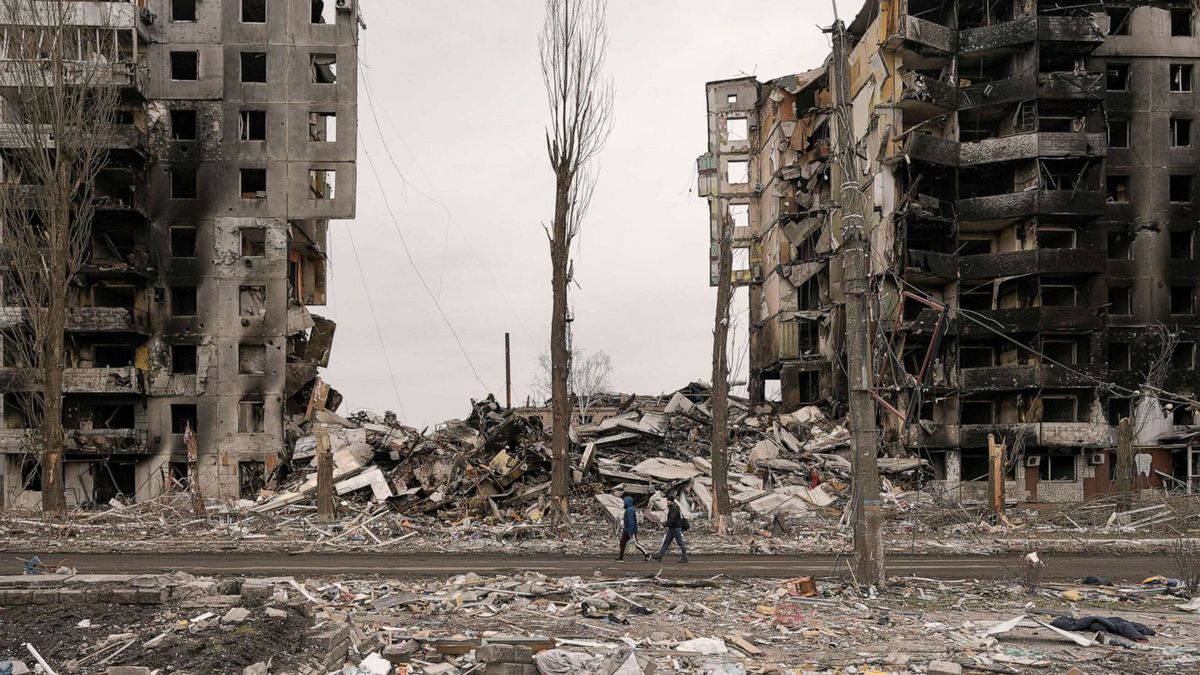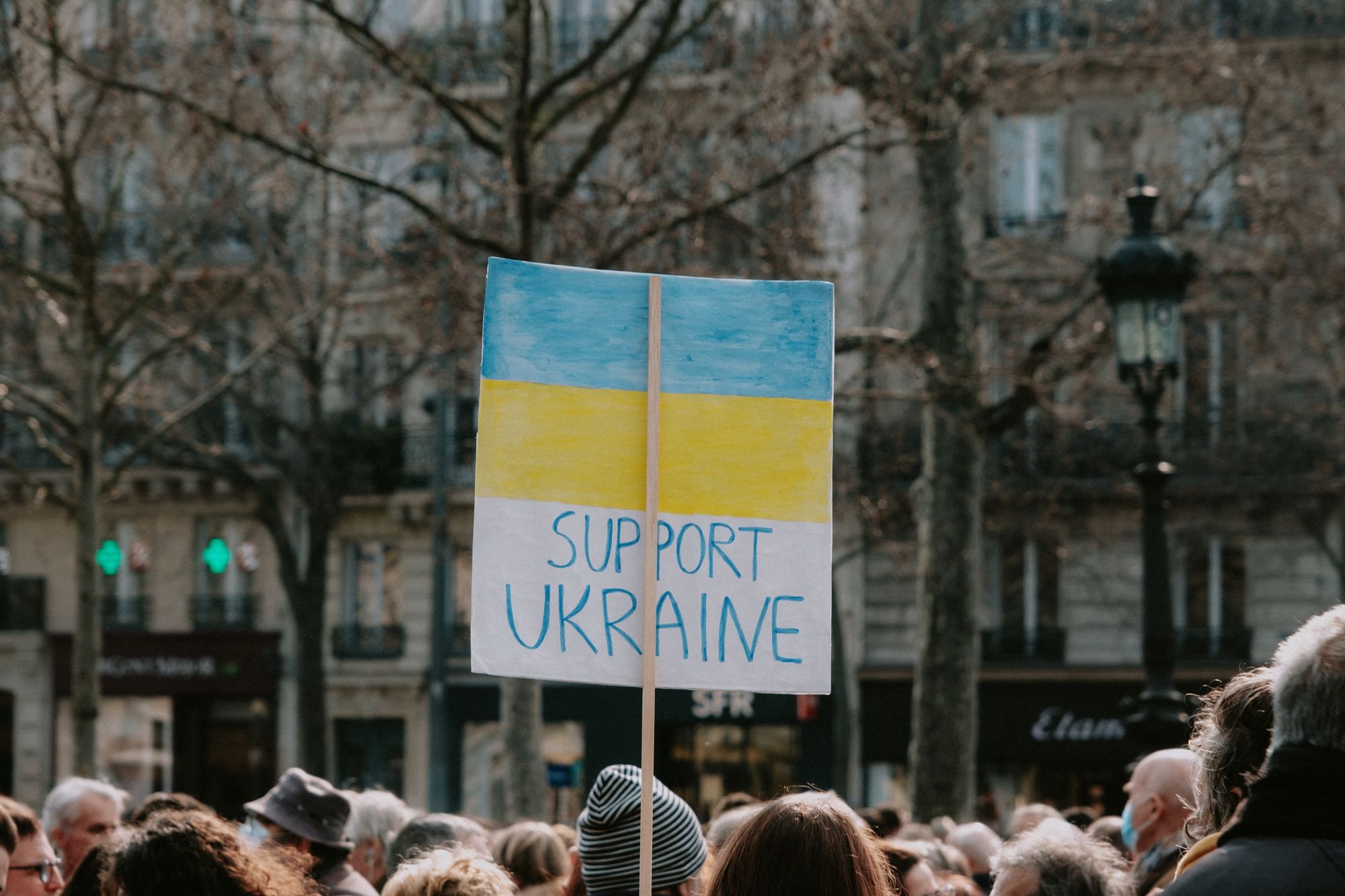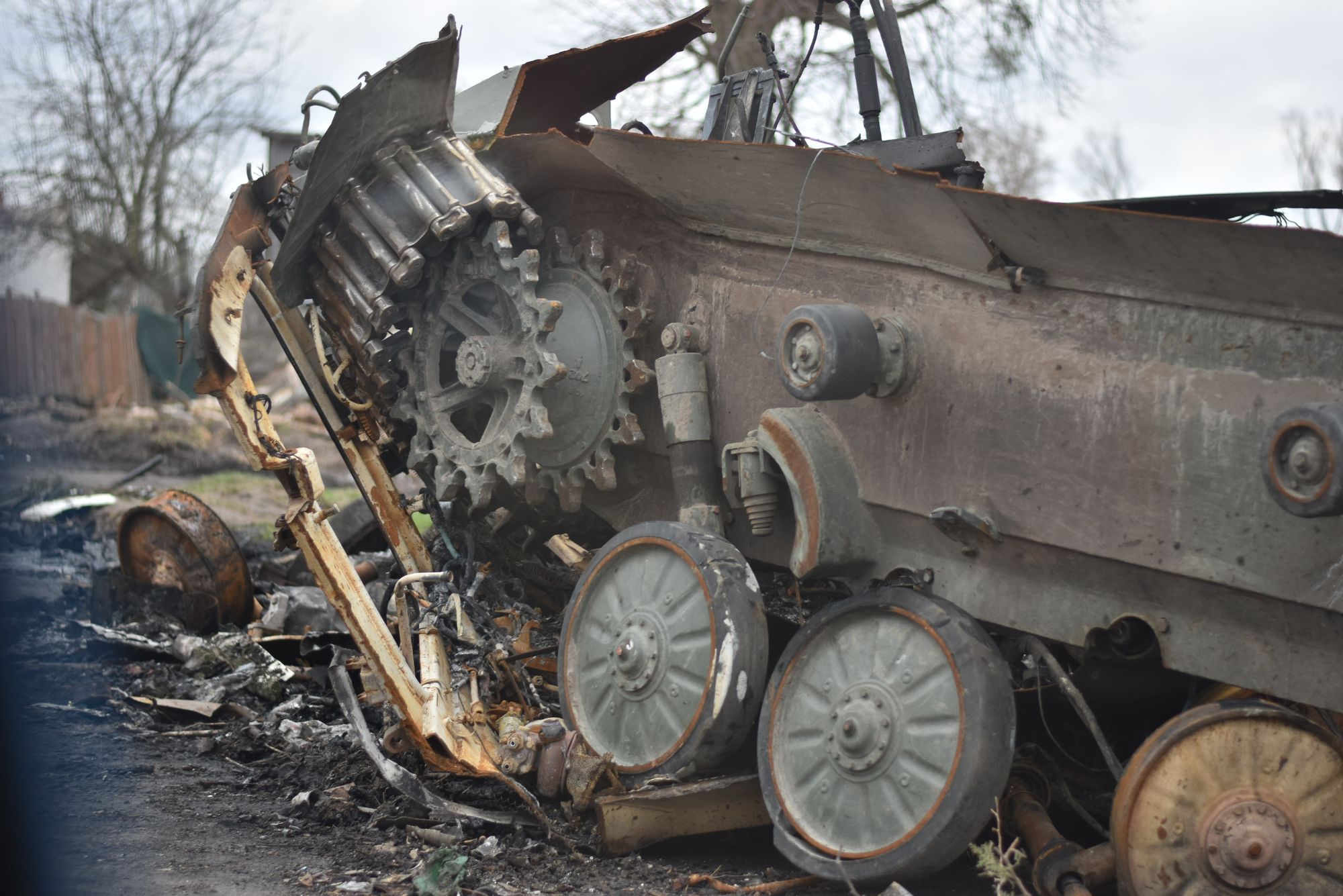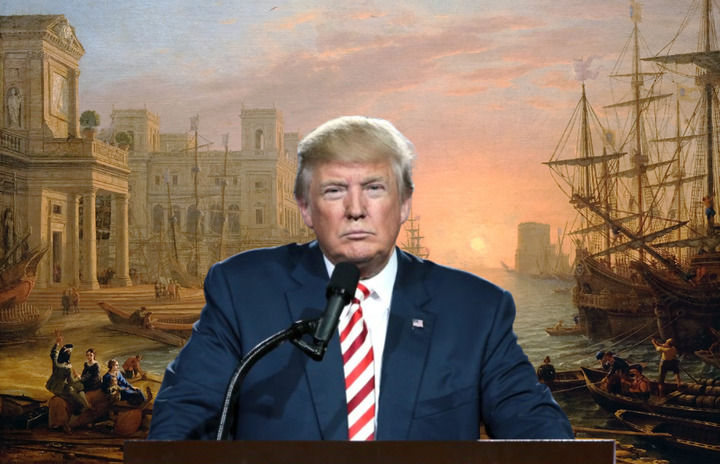Ukraine – Survival at What Cost
How was the Economy of Ukraine doing before the events of 2014 and 2022? What will this conflict mean for Ukraine and more importantly its people for years to come? Why addressing the corruption plaguing Ukraine is vital to formulating an effective strategy to rebuild the economy?

By Julian Olsen-Pendergast
Ukraine is currently and involuntarily in a conflict with Russia that is one of the most clear-cut examples of a nation defending its very existence in the past century. This has wreaked havoc on both the people of Ukraine and its economy. An economy which even before the first Russian invasion of Crimea had the lowest GDP per capita in Europe.
This economic underdevelopment stems from many reasons, some dating back to the 90s with the collapse of the Soviet Union, others from internal failures since independence or external pressures beyond Ukraine’s control. Many of these reasons are associated with the continual interference of Russia and the Kremlin, even before the most recent blatant acts of war.
Many efforts have been made by Ukrainian people and recent governments to strengthen governance, transparency and economic development. Continuing to address these issues and thus overcoming them will enable Ukraine to be less vulnerable to foreign pressure from Russia and interference of the Kremlin.
While many of us have been encouraged by the bravery and resilience of the Ukrainian people and armed forces, it is not certain that good is bound to triumph over evil, or Ukraine will survive let alone come out of this conflict stronger.
The reality of the situation is that wars don’t have winners. In this case both countries will lose out. Russia has voluntarily turned the entire world against it and what few friends it has left are not willing to jeopardise their global standings to help them out. The rest of the world, in particular Europe, is going to struggle through further disruptions to energy and food supplies. Most importantly, Ukraine will be left dealing with the scars of this war for generations after the last bullet has been fired.

The modern economy of Ukraine started, as many others in the region in 1991, with the collapse of the Soviet Union and the establishment of independent nations. While this was a vital step in the right direction the complications from changing from a communist government to capitalism is far more complex than we can imagine. In Russia workers, factories and entire supply chains had no idea what they were meant to do. All this was many times worse in the republics of the Soviet Union. Due to the fact that they were reliant on Russia and the other states for vital life sustaining goods.
The damage was not only limited to industrial and agricultural output, saying starting an economy effectively from scratch is difficult is an understatement. One of the biggest hurdles is setting up the financial infrastructure needed to facilitate proper business and trade. Ukraine in the early 90s had no access to international financial markets due to the fact that existing banks from around the world were understandably apprehensive about setting up systems with a country that had zero experience with modern banking. With Ukraine not having access to financial markets means even though it possesses strong agricultural or industrial potential or a wealth of natural resources it all means very little. As the country can't get the investment needed to tap those resources and it couldn't sell them effectively even if they could.
The government attempted to alleviate these issues through massive spending funded by their own monetary expansion. If you ever attended Macro 101 you probably know what happens when industrial output falls rapidly, and the government tries to fix the problem by printing lots of money. By 1996 the inflation rate was over 500%, and the government was forced to introduce a new currency. They pledged to keep stable in relation to the US dollar. The human cost of this economic situation was that during the 90s absolute poverty affected as much as 54% of the Ukrainian population.
Fortunately, by the 2000s the economy was starting to turn around. Ukraine had had enough time to start to integrate with the rest of the world, and it was able to start exporting natural resources and food to Europe. Its new more stable currency also allowed it to receive international investment. Additionally, it benefited from low energy prices because it was able to access natural gas coming directly from Russia. By 2007 just the country had eliminated absolute poverty amongst its citizens, and it was one of the fastest growing economies in all of Europe, although still the poorest.
Unfortunately, the global financial crisis of 2008 hit the developing country particularly hard. Ukraine in 2008 was still heavily dependent on foreign investment and materials exports. During downturns investors are far less likely to put their money into risky ventures in unproven countries, and they will often look to remove any money that they have in places like Ukraine, to shore up their financial positions at home. This capital exodus and reduction in trade meant that the economy shrunk by over 30% the following year.A devastating blow to any economy but particularly one that was developing so rapidly.
The 2014 invasion of Crimea presented a number of very serious problems to Ukraine, beyond the obvious of being invaded by a belligerent nuclear superpower. One of the biggest issues was that the foreign investment that the country was using to grow was once again scared out of the nation. Just as investors are worried about investing into a small developing country during an economic downturn, they are also understandably worried about investing into a nation that is actively being invaded. Through no fault of their own Ukraine, they had simply become too risky.
Furthermore, Crimea and the Donbass regions of Ukraine were relatively productive population centres . By invading these regions Russia denied Ukraine the economic productivity that came from these areas. Additionally, most businesses don't operate exclusively within one location, so any business that had any part of their operations in the immediately affected areas had to work around the fact that they may have just lost a factory, office, warehouse or administrative centre. On top of this all Ukraine lost its largest trading partner and its primary energy supplier.
Just as things were starting to go well for Ukraine its GDP more than halved in the two years that followed. The international community was there behind them to aid; however, it wasn't as intense as you would expect because of the next big issue plaguing the Ukrainian economy, corruption.

Understanding corruption is crucial to understanding the economy of Ukraine as it exists today. Ignoring the corruption would be detrimental to formulating an effective strategy to rebuild the economy when this invasion hopefully draws to a close.
Former Ukrainian president Viktor Yanukovych estimated with his cabinet that corruption was costing the Ukrainian economy almost 10 billion dollars per year. A significant figure in a country with a GDP of only 155 billion dollars. Ironically, Yanukovych was later embroiled in a slew of corruption scandals himself. Since this time subsequent Ukrainian governments have continued to address issues of corruption.
After the 2014 invasion of Crimea the international monetary fund (IMF) passed a plan to loan Ukraine 17.5 billion dollars. Unfortunately, only 6.7 billion was ever paid out because the Ukrainian government was unable to pass legislation that would offer the IMF confidence that this money wouldn't just be placed in the pockets of government officials.
The current foreign aid entering Ukraine is primarily coming in the form of humanitarian supplies and military equipment. Yet, to become a regular functioning economy once this is all over, Ukraine is going to need outside help. Outsiders are going to need to know that this money won't just get stolen. This is why tackling this problem is so vital.
I will end things on a positive note, which is that President Zelenskyy has seemingly been a champion for anti-corruption measures in the government. I will give the standard disclaimer, which is that nobody can predict the future, least of all economists. The road to recovery for Ukraine is going to be hard, and a history of corruption means that any foreign aid is going to need strict oversight. Furthermore, two military invasions within a decade means that businesses will be hesitant to set up operations. The unprecedented level of foreign support may help but it won't last forever, and you can't run an economy on foreign aid. Potential tourists, investors, businesses, and trading partners are all inevitably going to be thinking of a Russian invasion when considering doing business in Ukraine. Unfortunately, this will continue to hurt their people for a long time after the last shot is fired.


